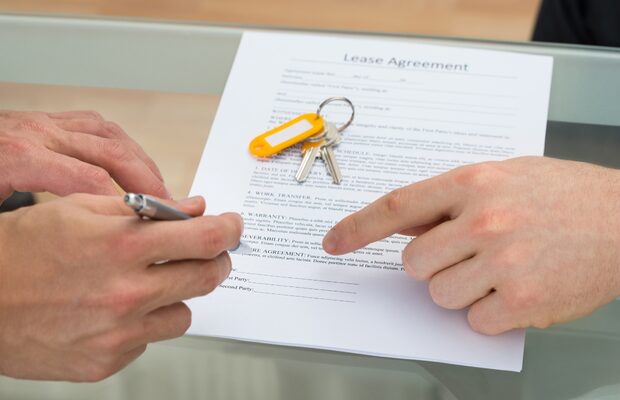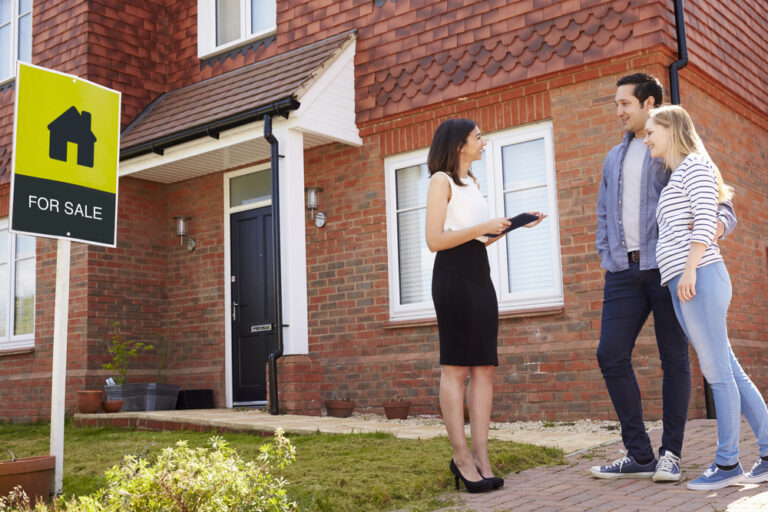The most crucial choice you’ll have to make when selling is the asking price, so it’s important to consider it carefully. In this article, we’ll guide you through the process of establishing your asking price to ensure that you get it right the first time.
The importance of realistic pricing
Initially, you may have considered setting a higher asking price than your actual expectations, and subsequently lowering it. However, this is more detrimental than many people realise. A successful sale may depend on the accuracy of your original asking price, so it’s important to set the right asking price from the offset.
According to research by Rightmove, properties in the UK were found to be 10% less likely to go under offer if there is a price reduction, while time spent on the market is also more than doubled. Additionally, the likelihood of a sale fall-through is almost double if there has been a price reduction.
Related: Should I reduce my asking price to secure a buyer
How do estate agents value property?
An expert valuation is the first step in establishing the right asking price for your home. An estate agent will take a holistic approach to your home’s value by assessing a series of important factors.
Your local area
The wider market is important, but your agent can really get a gauge on your home’s value by taking a closer look at your local market. Similar properties in your area which are for sale or have been sold can paint a picture of your home’s potential.
Amenities
Proximity to local amenities such as schools, parks, shopping centres, and public transportation can influence your home’s value. Your agent will consider how these amenities affect the desirability of your location.
Property features
Unique features of your home and its design can significantly impact its value. The overall condition of the property also plays a critical role in its valuation, so your agent will inspect for any signs of wear and tear, necessary repairs, and the quality of maintenance during your valuation.
Your agent will assess the current market climate, including economic conditions, interest rates, and buyer demand. This helps to determine how competitive the market is and how quickly properties are selling.
Related: Why it’s important to get your home valued every year
How to price your home properly
While agents can give you an accurate idea of your home’s true value and its recommended price point, the asking price is ultimately your decision. Therefore, you’ll need to do some homework of your own, too.
Consider your timeframe
Your selling timeframe should hold some weight when you’re deciding on an asking price. If you’re hoping for a quick sale, you might be more willing to accept a lower price for your property in exchange for heightened interest or a chain-free buyer.
On the flipside, if speed is not an issue, you could take advantage of the time you have and wait for a great offer to come along.
Compare similar homes
In today’s modern world, information on your local market should be readily available to you. Take some time to check online property portals and local estate agents’ portfolios. This will give you a feel of the current market climate, what homes are selling for, and how fast they are selling.
Start your free online valuation now
Study the current market
The wider market is also important as it has a strong influence over the local climate. Average house values are in a constant state of fluctuation, so keeping up with current property news, interest rates, and house price indexes can go a long way when it comes to your pricing strategy.
For more advice, contact your local Ellis & Co agent








